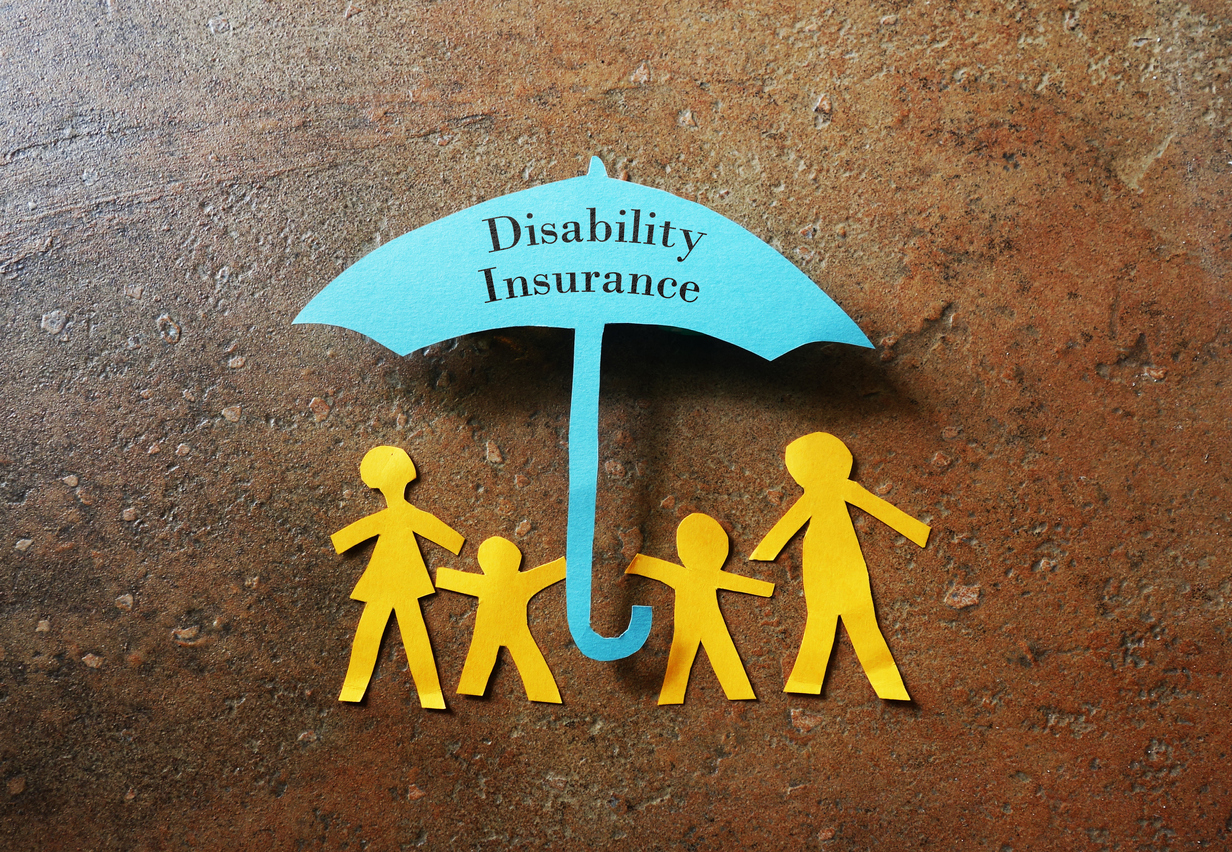The Basics of Group Disability Insurance for Small Businesses

Your employees are always at risk at work, especially if work involves dangerous tasks and a hazardous environment. Even if these risks aren’t present at your workplace, getting the right insurance coverage for your employees can make them feel safe and cared for.
One of these coverages is MD Group Disability Insurance. In recent studies, one in five people suffers disability as a result of injuries or disease. So, whether this insurance is mandatory or not, protect your employees from financial risks.
Here are the things you should know about disability insurance.
Definition
Group disability coverage provides income replacement to employees when they become disabled due to accidents and illnesses. Also known as disability income insurance, it is in effect once disability is established.
In some states such as California, New York, and Rhode Island, this disability insurance is a mandatory temporary benefit. Check out your state laws for updates.
Coverage and Exclusions
Often, covered benefits include giving the employee a disability allowance based on the employee’s income before the disability has occurred. The exact rate depends on the policy purchased by the employer.
The common plans cover 50 to 60% of pre-disability income. Before computation of income replacement benefits, an insurance company considers other sources of this allowance.
An example would be the SSDI (social security disability insurance). Worker’s compensation also has coverage on disability allowance.
However, group disability insurance does not cover medical costs. Also, an insurance company might reduce the total amount your employee receives if the said employee gets the same kind of benefits from other sources.
This principle is based on the assumption that disabled employees should not end up receiving more benefits than they were still working.
Premium Costs
Premiums are lower in Group disability insurance than with individual plans. You can even design the coverage, depending on the needs of your employees.
Factors affecting the premium include the type, share of the employer in the premium payment, number of employees to be enrolled, and coverage or benefit amount.
Still, talk with an insurance provider to get the best assessment and accurate estimate.
Types of Group Disability Insurance
The major types of disability insurance are Short term and long-term. Each has a different period of coverage.
Short-Term
Short Term Disability (STD) coverage is less than a year. The main goal of STD insurance is income protection. The coverage kicks in after the establishment that the employee may suffer a temporary or permanent disability.
However, the policy may or may not have a waiting period before your employees receive their benefits. The waiting period depends on the insurer and may last for a few working days.
Usually, this disability insurance covers temporary situations. These events are:
- Extended recovery due to sickness or accident
- Maternity leave
- Recovery after surgery
Long-Term
Sometimes, a disability can last longer than a year. It can also be permanent or a lifetime. Some long-term disability (LTD) insurance can cover benefits up to the retirement age prescribed by the Social Security System.
The coverage of LTD starts when the STD stops. Thus, this insurance often has a waiting period of up to 180 days.
Assistance for longer-term disability is the main goal of this coverage. This applies if the employee suffered a longer-term or maybe even lifetime disability due to accident or injuries.
Situations and life events that could result in long-term disability are:
- Cancer
- Chronic illness such as degenerative diseases
- Mental disorder
- Accidents that resulted in permanent disability
- Arthritis
- Heart attack
Group vs. Individual
Your employee can still enjoy coverage from group disability insurance (GDI) even if they have pre-existing health conditions. Plus, premiums are lower compared to individual plans. However, the benefits of GDI are more generic compared to individual policies.
Individual disability insurance allows your employees to choose more comprehensive coverage. Thus, this insurance has higher premiums than group plans. Moreover, an employee can supplement a GDI with individual plans but not the other way around.
When employees resign or retire from your company, they can’t take the policy with them. The individual policy doesn’t have this tie-up with an employer.
So, which one is better? The answer depends on your employees and their insurance needs. You can conduct a survey to discover their opinions.
Disability Insurance vs. Workers’ Compensation
Both policies offer disability benefits, but the circumstances that activate the income protection differ. Worker’s compensation applies to work-related accidents, illnesses, or injuries. Thus, an employee must have been working to qualify.
Disability insurance, on the other hand, covers events or situations not brought by work, such as cancer, heart attack while on leave, among others. So, if an employee gets injured after office hours and has the GDI, he or she will still enjoy income protection.
Furthermore, the worker’s compensation covers medical costs, which the GDI doesn’t. It is required for some businesses, while GDI is entirely optional in most states.
These two policies don’t overlap, but they could complement one another.
Conclusion
So, would you get group insurance for your employees? That depends on your budget. It’s just a matter of providing comprehensive benefits for your employees. Remember, you might need to shoulder a part of the premium to make this an attractive benefit to employees.
About Moody Insurance Worldwide
Moody Insurance Worldwide, a division of Moody & Associates that was founded in 1914, is a leading provider of risk management programs and insurance coverage to individuals and businesses across the East Coast. We write all sizes of businesses, with technical expertise in many key industry areas, and provide personal insurance programs for estates and high net worth individuals. Our licensed, experienced commercial account managers can work with you to determine the coverage that you need at a competitive rate. Contact us today at (855) 868-0170 to learn more about what we can do for you.

